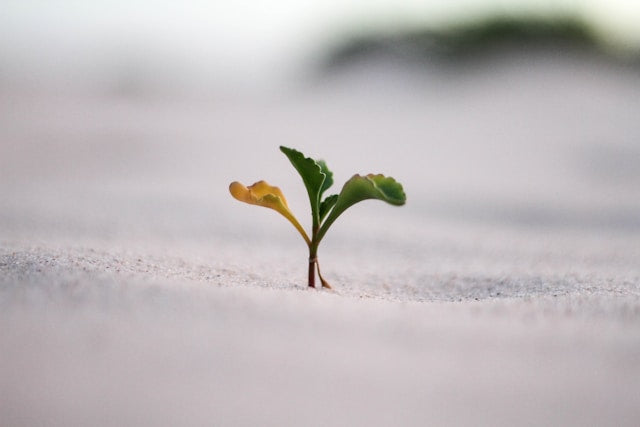This is not a newsletter about being more positive. We all know that, generally speaking, having a “positive” mindset leads to more positive outcomes. And a “negative” mindset creates more negative energy.
But knowing this hasn’t always helped me shake my negative thoughts in favor of a more positive outlook. Sometimes I take this knowledge and whack myself on the head, telling myself, “I should be more positive.”
Well, judging myself for being negative hasn’t ever helped me shift gears. Nor has pretending to be positive when I am really struggling. I’m not suggesting that we all ignore the facts. In fact, I am a strong believer in looking at the facts and how we interpret them, understanding that there are often multiple ways to look at something.
But I digress.
What I’m REALLY suggesting is that you buy a book called Mindset:The New Psychology of Success by Carol S. Dweck, PhD. The book is a game-changer. If you need present suggestions, I highly recommend this book.
Dweck provides us with a new lens through which to look at our experiences. She identifies the two mindsets that lead to success or flailing: Growth vs. Fixed mindset. It helps identify what went wrong with the “everybody gets a trophy” self-esteem movement and where we go from here. She includes research and stories about successful athletes, business leaders, coaches and educators.
Fixed Mindset
“In a fixed mindset, people believe their basic qualities, like their intelligence or talent, are simply fixed traits. They spend their time documenting their intelligence or talent instead of developing them. They also believe that talent alone creates success—without effort.” (Dweck, 2015)
Growth Mindset
“In a growth mindset, people believe that their most basic abilities can be developed through dedication and hard work—brains and talent are just the starting point. This view creates a love of learning and a resilience that is essential for great accomplishment.” (Dweck, 2015)
In the book she says we can operate from either mindset, depending on what area of our life we’re talking about. For example, when it comes to athletics, I’ve always believed that I can learn how to play a new sport. I might decide I don’t enjoy it, but I feel confident that I can learn and develop. When it comes to statistics, I decided long ago that I am “Just not good at it,” and that is when I gave up trying to learn. When I define myself in a fixed way, e.g., “I am ____,” I use it as an excuse to stop trying. My fixed mindset is very de-motivating.
But when I have a growth mindset, I’m focused on learning and improving. Success is a byproduct of that. Dweck’s research shows that people with a fixed mindset might be successful in the short run, but because a fixed mindset limits learning, eventually they hit a limit.
So. Imagine some area of your life where you would like different results...what is your mindset about that? What would you do differently if you adopted a growth mindset?

